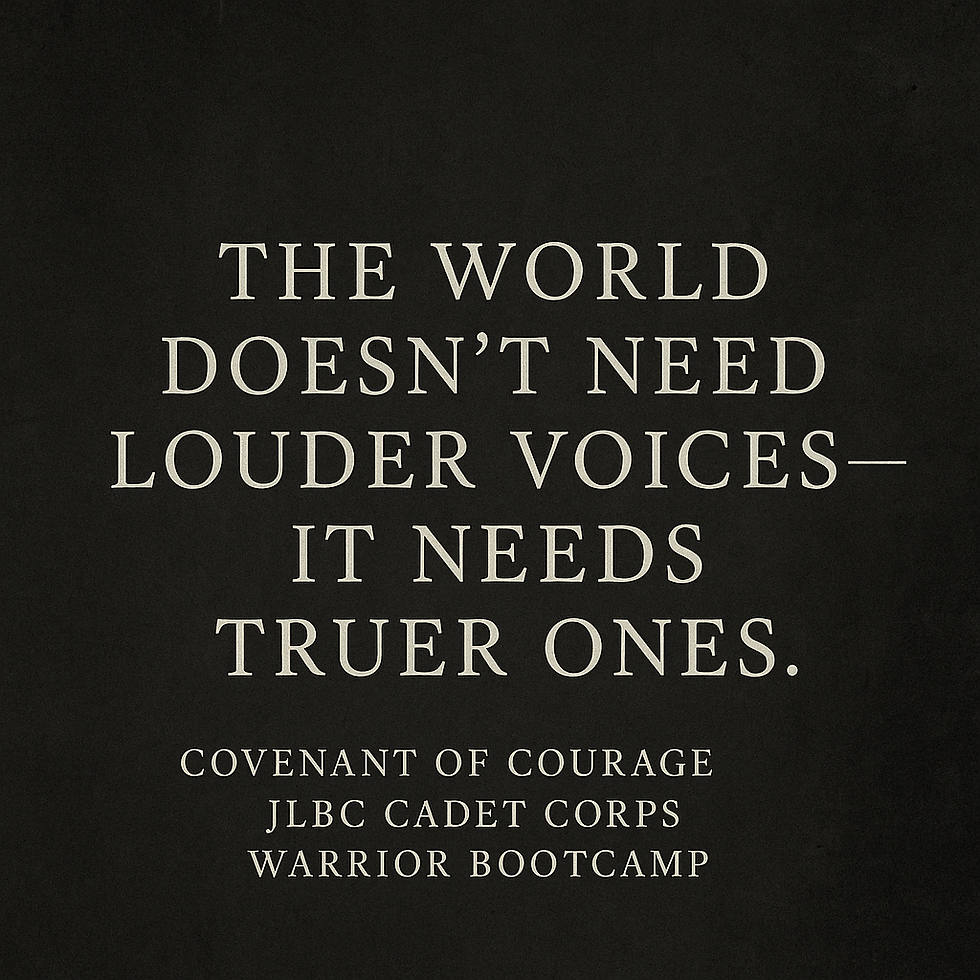Connecting Veterans to Life-Changing Support Programs
- Kirk Carlson
- Sep 15
- 4 min read
Veterans often face unique challenges when transitioning back to civilian life. From navigating healthcare to finding employment and securing housing, the journey can be overwhelming. Fortunately, there are numerous resources designed to support veterans in these critical areas. Connecting veterans to life-changing veteran programs assistance can make a significant difference in their quality of life and overall well-being.
Understanding Veteran Programs Assistance
Veteran programs assistance encompasses a wide range of services aimed at helping veterans overcome obstacles related to health, employment, education, and housing. These programs are often provided by government agencies, non-profits, and community organizations. The goal is to ensure veterans receive the support they need to thrive after their service.
Some common types of assistance include:
Healthcare services: Access to medical care, mental health counseling, and rehabilitation.
Employment support: Job training, resume building, and placement services.
Educational benefits: Scholarships, tuition assistance, and vocational training.
Housing aid: Help with finding affordable housing or preventing homelessness.
Financial assistance: Grants, loans, and emergency funds.
Veterans can access these services through various channels, but knowing where to start is often the biggest hurdle. Organizations dedicated to veteran support play a crucial role in bridging this gap.

How to Access Veteran Programs Assistance
Accessing veteran programs assistance requires awareness and proactive steps. Here are practical recommendations for veterans seeking help:
Identify your needs: Determine which areas you require support in, such as healthcare, housing, or employment.
Research available programs: Use online resources, local veteran affairs offices, and community organizations to find relevant programs.
Reach out for guidance: Contact veteran service officers or counselors who can help navigate the application process.
Prepare necessary documentation: Gather military service records, identification, and any other required paperwork.
Apply and follow up: Submit applications promptly and maintain communication with program representatives.
For example, the veteran support programs offered by Covenant of Courage provide tailored assistance to veterans in need. They offer personalized support to help veterans access benefits and services efficiently.
Tips for Maximizing Assistance
Stay organized: Keep track of deadlines and required documents.
Be persistent: Follow up regularly to ensure your application is processed.
Seek peer support: Connect with other veterans who have successfully navigated these programs.
Utilize multiple resources: Don’t rely on a single program; explore all available options.

What is the VA $3600 Payment?
The VA $3600 payment refers to a specific financial benefit provided by the Department of Veterans Affairs. This payment is designed to offer financial relief to eligible veterans facing economic hardship. Understanding the eligibility criteria and application process is essential for veterans who may qualify.
Eligibility Criteria
Veterans with service-connected disabilities.
Veterans experiencing financial difficulties.
Those who meet income thresholds set by the VA.
How to Apply
Contact your local VA office or visit the official VA website.
Complete the required application forms.
Provide documentation of your service and financial status.
Await approval and payment processing.
This payment can be a vital resource for veterans struggling to cover essential expenses such as rent, utilities, or medical bills. It is important to note that the amount and availability of this payment may vary based on individual circumstances and VA policies.
Additional Financial Support Options
Disability compensation: Monthly payments for service-related disabilities.
Pension programs: For wartime veterans with limited income.
Emergency grants: Offered by various veteran organizations.
Veterans are encouraged to explore all financial assistance options to ensure they receive the support they deserve.

The Role of Community Organizations in Veteran Support
Community organizations play a pivotal role in supplementing government programs. They often provide more personalized and immediate assistance tailored to local veteran populations. These organizations can offer:
Counseling and mental health services
Job placement and training programs
Housing assistance and shelter referrals
Social support and peer networking
Many veterans find that community groups provide a sense of belonging and understanding that is crucial during difficult times. Volunteering or participating in these groups can also help veterans build new skills and friendships.
How to Find Local Veteran Organizations
Search online directories for veteran service organizations.
Visit local community centers or libraries for information.
Ask at VA offices for recommendations.
Attend veteran-focused events and workshops.
By engaging with community organizations, veterans can access a broader network of resources and support systems.
Moving Forward with Confidence
Connecting veterans to life-changing veteran programs assistance is about more than just providing resources - it’s about empowering veterans to rebuild their lives with dignity and hope. Whether through healthcare, financial aid, education, or housing, these programs offer a pathway to stability and success.
Veterans are encouraged to take the first step by exploring available programs and reaching out for help. Remember, you are not alone, and there are many dedicated people and organizations ready to support you.
For those seeking assistance, consider visiting the veteran support programs page to learn more about how to access vital resources tailored to your needs.
By leveraging these programs and community networks, veterans can confidently navigate the challenges of civilian life and build a brighter future.
Empowerment through connection is the key to unlocking the full potential of every veteran.





Comments